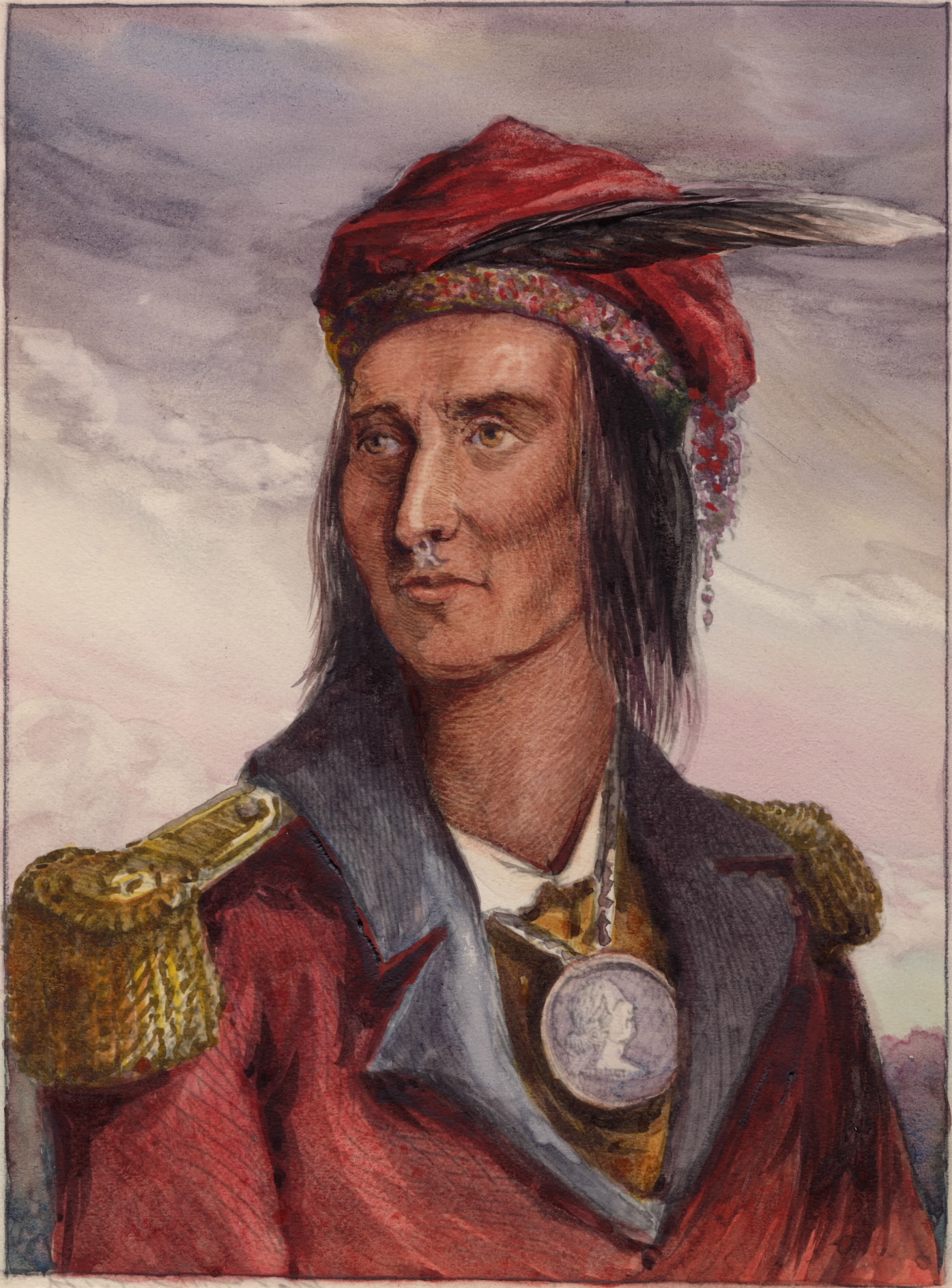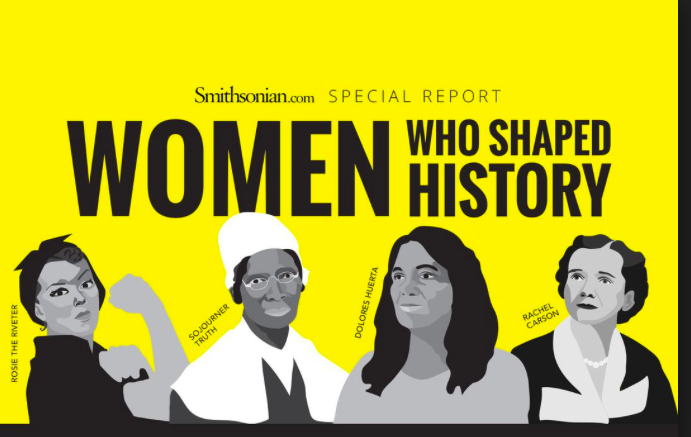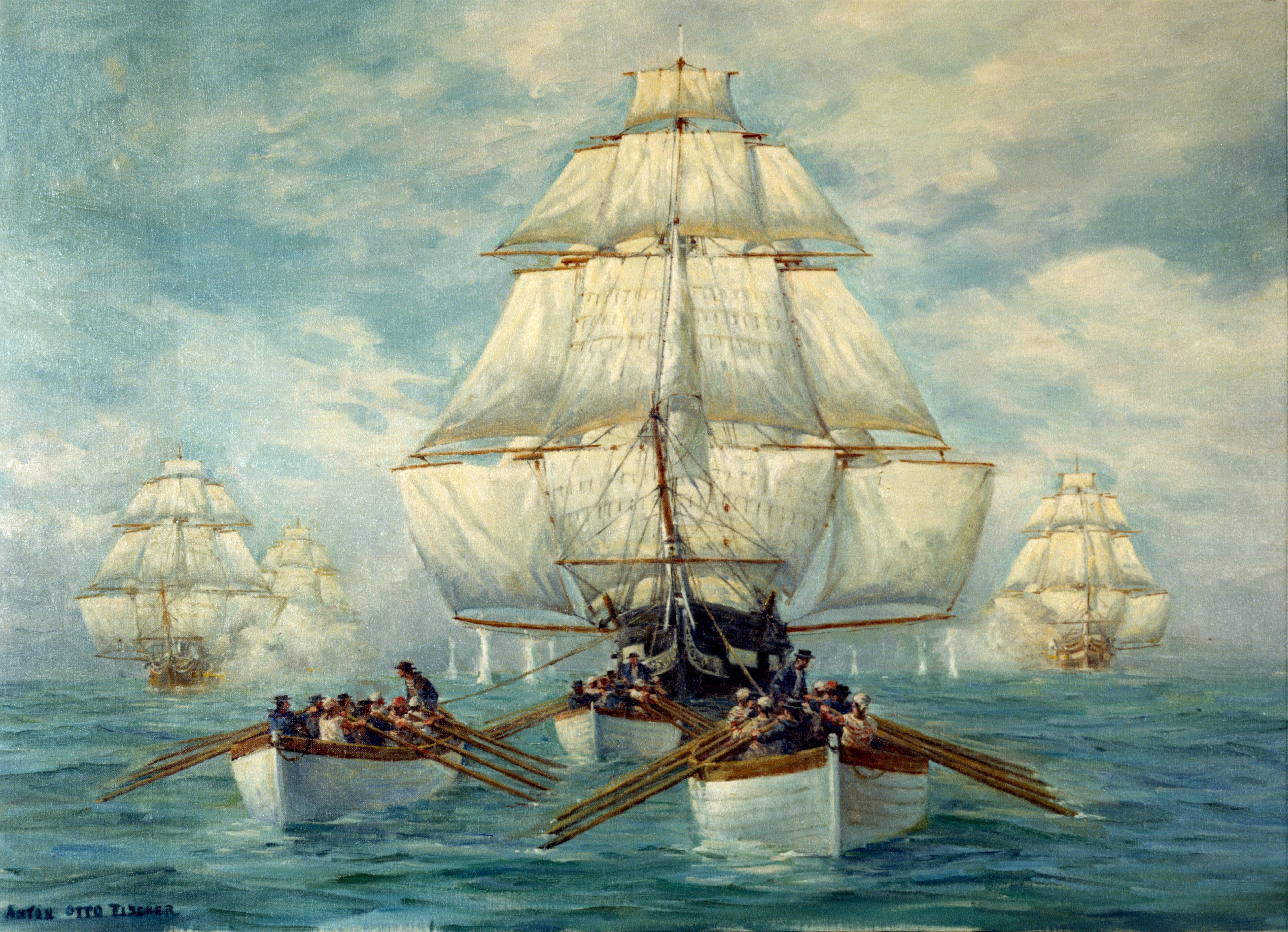Capture and Burning of Washington by the British, in 1814, wood engraving, 1876

Topics on the Page:
Overview of the War of 1812
Tecumseh and the Battle of Tippecanoe
Women in the War
USS Constitution (Old Ironsides)
The Battle of New Orleans
Treaty of Ghent
Focus Question:
What were the causes of the War of 1812 and how did that war promote American nationalism?
Overview of the War of 1812
The War of 1812 was fought between the United States and Great Britain from 1812 until 1815.
- Click here for brief overviews of the War of 1812 from HistoryNet.
 The War of 1812 Timeline
The War of 1812 Timeline
- The War of 1812 website from PBS presents differing perspectives on war and its aftermath, including those of Americans, Canadians, Native Americans and African Americans.
 Click here for a Crash Course U.S. History episode dedicated entirely to the War of 1812
Click here for a Crash Course U.S. History episode dedicated entirely to the War of 1812
 Primary Source Set on The War of 1812 from DPLA
Primary Source Set on The War of 1812 from DPLA
Tecumseh and the Battle of Tippecanoe:

See Tippecanoe Battlefield History for a perspective on Native American participation the war.
- The native leader Tecumseh is only Native American ever the reach the rank of brigadier-general in the British Army.
Image to the right is a colored version of Lossing's portrait of Tecumseh.
No fully authenticated image of Tecumseh exists
 Primary Source: Tecumseh's "We Must Be United" Speech
Primary Source: Tecumseh's "We Must Be United" Speech
 Women in the War:
Women in the War:
 Laura Secord, born in Massachusetts is regarded as a hero of the War of 1812 in Canada for her actions in warning British forces of an American attack and prevented the capture of the Niagara Peninsula.
Laura Secord, born in Massachusetts is regarded as a hero of the War of 1812 in Canada for her actions in warning British forces of an American attack and prevented the capture of the Niagara Peninsula.
- Link here to read about what roles women played in the War of 1812.
"They Also Served: American Indian Women in the War of 1812" Article from American Indian, Magazine of Smithsonian's National Museum of the American Indian.
USS Constitution:

The USS Constitution, also known as "Old Ironsides," is one of the most famous warships in American History.
This vessel played pivotal role in the War of 1812 in defeating five British warships while capturing numerous merchant vessels.
The USS Constitution is the oldest ship still in commission in the United States Navy and is located in Charlestown, Massachusetts.

Battle of New Orleans:
The Battle of New Orleans was another key event in the War of 1812.
 View Johnny Horton singing about the Battle of New Orleans on a nationwide broadcast of the Ed Sullivan Show in 1959.
View Johnny Horton singing about the Battle of New Orleans on a nationwide broadcast of the Ed Sullivan Show in 1959.
The Treaty of Ghent:
The Treaty of Ghent from PBS The War of 1812
 Treaty of Ghent (1814 )
Treaty of Ghent (1814 )
 What Did the Treaty of Ghent Do? A Look at the End of the War of 1812
What Did the Treaty of Ghent Do? A Look at the End of the War of 1812
Key Events during the war
- 1803-1812 - British impress (take by force) approximately 10,000 Americans forcing them to work on British ship.
- July 23, 1805 - British decide in Essex case that American traders who travel between neutral and enemy ports will allow for the seizing many commercial ships.
- January 25, 1806 - James Madison delivers report concerning British interference and impressment of sailors causing anti-British feelings to arise.
- August, 1806 - American minister James Monroe and envoy William Pinkney are unable to resolve the major problems between the British and Americans concerning commercial shipping.
- 1806 - The British blockade France; American ships are caught in the middle and the British seize approximately 1000 US ships.
- March 1807 - Thomas Jefferson receives the Monroe-Pinkney treaty but does not submit it to Congress because it represents a dismal failure for the Americans.
- June 1807 - The American ship Chesapeake is fired on by the British ship Leopard after refusing to be boarded. This creates an international incident.
- December 1807 - Thomas Jefferson attempts "peaceful coercion" of the British with his embargo but it results in economic disaster for merchants.
- 1811 - Battle of Tippecanoe - Tecumseh's brother (the Prophet) leads attack on William Henry Harrison's army of 1000 men.
- June 18, 1812 - America declares war against the British. This war is known as "Mr. Madison's War" or "The Second American Revolution."
- August 16, 1812 - U.S. loses Ft. Mackinac as the British invade American territory.
- 1812 - Three attempts are made by the U.S. to invade Canada. They all end in failure.
- 1812 - The USS Constitution ("Old Ironsides") defeats the HMS Guerriere.
- January 1813 - Battle of Frenchtown. British and Indian allies repel Kentucky troops in bloody fighting. The American survivors are killed in the Raisin River Massacre.
- April 1813 - Battle of York (Toronto). US troops take control of Great Lakes and burn York.
- September 1813 - Battle of Lake Erie. US forces under Captain Perry defeat a British naval attack.
- October 1813 - Battle of Thames (Ontario, Canada). Tecumseh is killed in a US victory.
- March 27, 1814 - Battle of Horseshoe Bend (Mississippi Territory). Andrew Jackson defeats the Creek Indians.
- 1814 - The British plan a 3-part invasion of US: Chesapeake Bay, Lake Champlain, & the mouth of Mississippi River. The British are eventually turned back at Baltimore harbor. [
- August 24-25, 1814 - The British burn Washington, D.C. and Madison flees the White House.
- September 1814 - Battle of Plattsburgh (Lake Champlain). The US secures its northern border with a huge victory over a larger British force.
- December 15,1814 - The Hartford Convention occurs. A group of Federalists discuss secession and propose seven amendments to protect the influence of Northeastern states.
- December 24, 1814 - Treaty of Ghent. The British and American diplomats agree to return to the status quo from before the war.
- January 1815 - Battle of New Orleans. Andrew Jackson scores a huge victory and paves the way to the White House. 700 British are killed, 1400 are wounded. The US only loses 8 soldiers.
An image of a council between William Henry Harrison and Native American leaders, including Tecumseh, August 1810.
Comments (0)
You don't have permission to comment on this page.